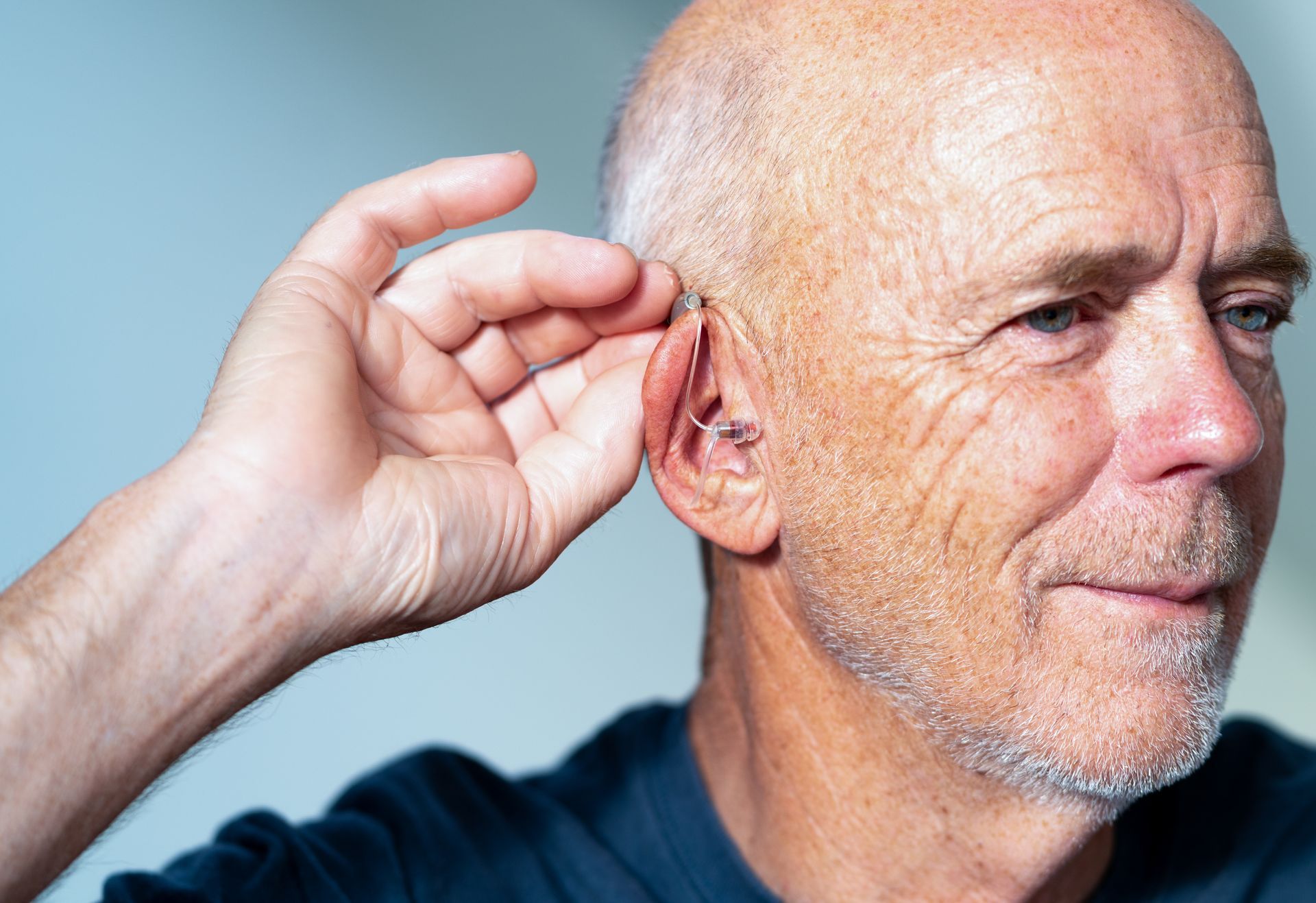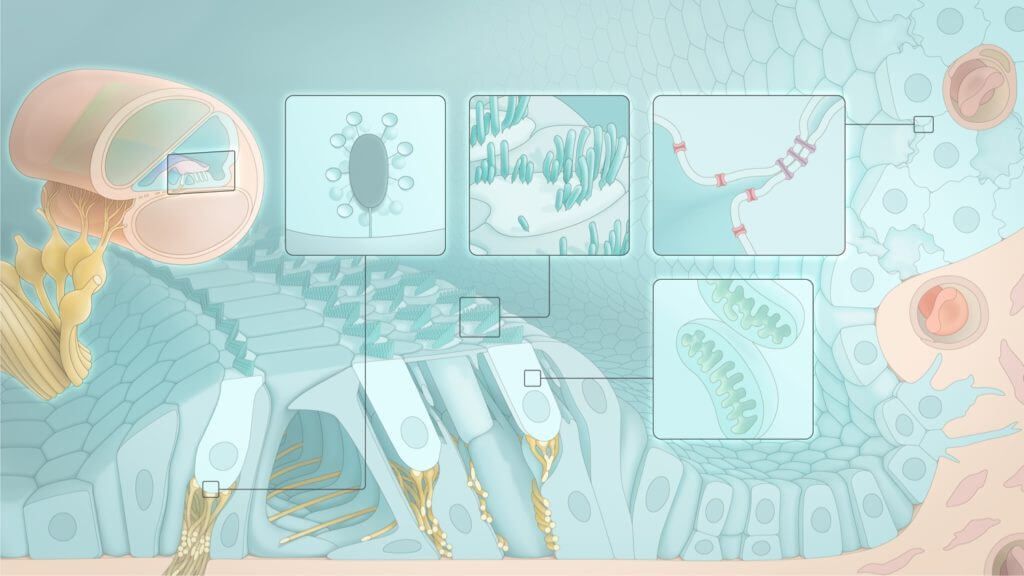Hearing Aids Can Help You Stay Connected This Holiday Season
The holiday season is quickly approaching, and for many of us, that means plenty of gatherings with friends and family. However, if you have hearing loss, holidays can bring about a sense of isolation and loneliness.
The good news is hearing aids can help make the holidays less lonely for people with hearing loss.
Hearing Loss Makes It Harder to Connect With Others
Most agree the best things about the holidays are not the gifts or the food (though both are certainly nice!), but the time spend connecting with family and friends. Whether you’re having a big family dinner at home or meeting friends for a festive cocktail at South Avenue Bar, you want to use that time to create special moments with those closest to you.
Unfortunately, hearing loss makes it harder to follow conversations, especially when there is lots of background noise and multiple voices speaking at once. This can lead people with hearing loss to feel disconnected at large gatherings and maybe even compelled to avoid socializing with others because of their struggles to hear.
Hearing Aids Can Help You This Holiday Season
A 2021 study compared two groups of people with hearing loss. One group was made up of people who were recently fitted with their first hearing aids. The second group’s hearing loss was left untreated. Researchers found that after six months, “social activity level increased and social participation restriction decreased significantly after hearing aid fitting in the intervention group compared to the control group.”
Hearing aids can make it easier to connect with others and strengthen your relationships this holiday season and beyond in a variety of ways, including:
- Reduce miscommunication. Mistakes that come from not hearing or mishearing can cause a lot of frustration and annoyance for both people with hearing loss as well as their family members. Hearing aids enhance your ability to understand speech, reduce misunderstandings and strengthen relationships.
- Suppress background noise. Many newer hearing aids have settings that can reduce background noise while enhancing the speech of the person sitting in front of you, making it easier to follow conversations in louder environments.
- Ease tension. Hearing loss can increase feelings of anxiety, depression and general stress. When you feel more confident about your ability to hear and converse with others, you are naturally going to be more relaxed and able to tune in to conversations with your spouse or play games with your grandchildren.
Bottom Line
Don’t let hearing loss hold you back from enjoying the holidays to your fullest capacity. Call the experts at Center For Hearing and schedule a hearing test today.
- Understanding Infant Hearing Loss
- The Relationship Between Exercise and Hearing Loss
- Muffled Hearing: Common Causes and Solutions



